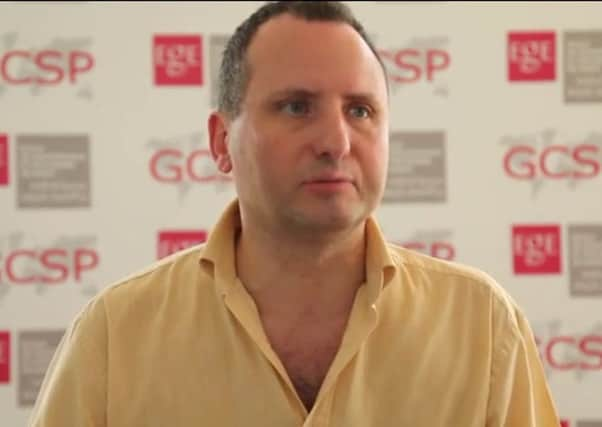Frederic Volpi: Strikes will not change balance of power in Syria


The Syrian civil war, or more precisely now the Syrian frozen conflict, will not be fundamentally affected by this military response. The Syrian regime and its foreign backers (Russia, Iran, Hezbollah) already were in a position of strength against the remaining pockets of opposition even without the utilisation of chemical weapons. The tactical use of these weapons to scare the population and make more rapid advances against the rebels will simply be replaced by conventional military means. This can increase the human costs of the war for Assad’s troops, but it will not alter the balance of power in the circumstances.
Hence, the response of the Syrian regime to these strikes will not be very significant aside from formal protests on the international scene and vociferous claims of innocence.
Advertisement
Hide AdAdvertisement
Hide AdThe regional dynamics of the conflict will also not be fundamentally changed by this military action. Like the air strikes ordered by the US president last year for a smaller chemical attack by the Syrian regime, this limited military response is meant to signal to Assad’s foreign backers what should be the “rules of the game”.
Basically, because of the potential threat to western allies such as Israel of the continuing use of chemical weapons, it is strategically important to show that there are costs associated with such choices. The “lesson” that the US, the UK and France want to teach to Russia, Iran, Hezbollah and the Syrian regime is not that the use of such weapons in unacceptable. Rather, it is that it is more costly than they might think.
Importantly, too, from the perspective of Assad’s backers, this event is also a way to test the commitment and resolve of western powers vis-à-vis the Syrian issue. For Russia and Iran in particular, their policies towards the Syrian conflict are part of a larger geostrategic game with the US and Europe. The Iranian regime itself is divided between the more “revolutionary” camp seeking to ramp up the confrontation with the US and the militarisation of their own regime, and the “moderate” camp seeking to normalise relations. The US response to the Syrian crisis will affect this internal balance of power and the interactions over the nuclear deal.
For Putin’s Russia, this is also a means of showing that it is an unavoidable actor on the international scene. The negotiations with the Russians before launching the air strikes to ensure that no collateral Russian casualties would occur illustrate the carefully orchestrated character of this grandstand opposition between international actors.
Importantly too, because the Americans, the British and the French acted without formal approval of the UN (and their own domestic institutions) such a military intervention could indirectly help the Russian regime to justify its own exactions abroad. And by triggering debates in democratic regimes about the legitimacy of such actions, the Putin regime hopes to generate domestic opposition against a more aggressive international stance toward Russia on other fronts in Europe.
• Dr Frederic Volpi is senior lecturer, School of International Relations, University of St Andrews